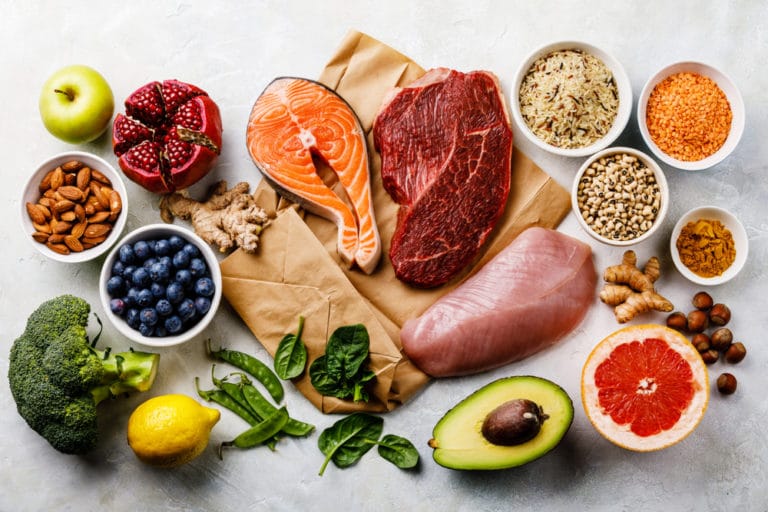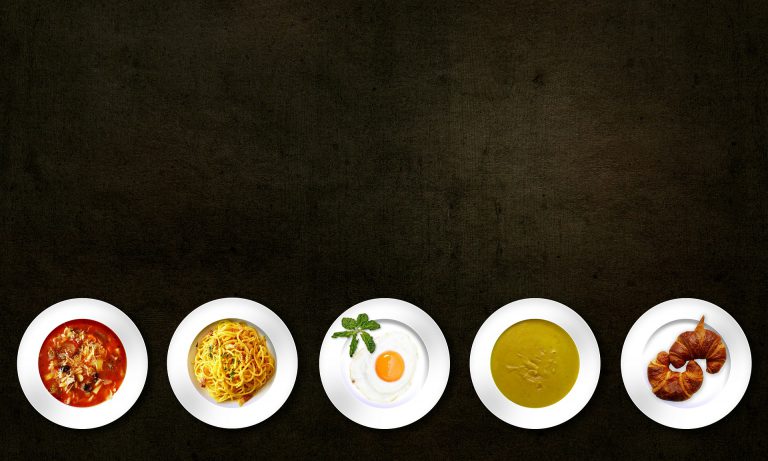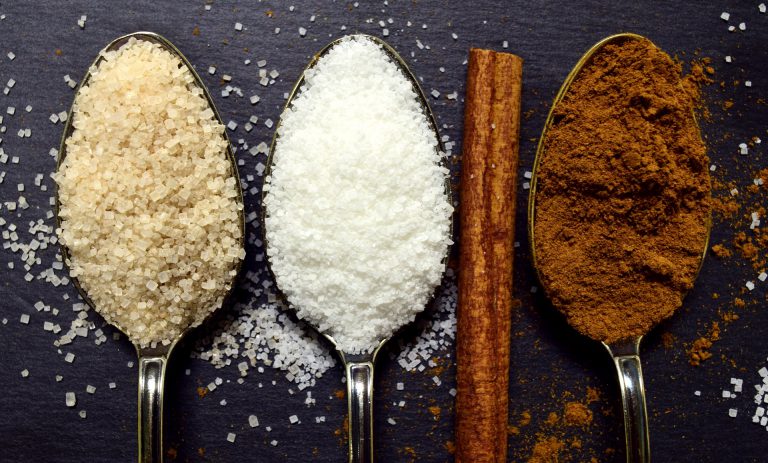Do Plant-Based Diets have an Impact on Diabetes?
It’s that wonderful time of year again! Time to celebrate Diwali, Thanksgiving, Hanukkah, Christmas, New Year’s and other wonderful holiday occasions, as we say ‘farewell’ to a very challenging year. Time to see, even if virtually, family and friends, laugh and share tender moments.
The well-earned celebration often revolves around food. People with diabetes know that food choices play a critical role in regulating blood sugar and what we eat plays a major role in inflammation, insulin resistance, and other diabetes risk factors. Indeed, healthy eating can be the number one tool in managing and even preventing type 2 diabetes.
Plant-Based Diet
One way to eat healthier is to follow a plant-based diet. Plant-based diet focuses on whole grains, legumes, fruit, and vegetables and limits meat and dairy. Decades of research has proven that a plant-based diet can be beneficial for people with type 2 diabetes. Now, groundbreaking case studies indicate that the same may be true for those with type 1 diabetes.
Popular wisdom says that diabetes and plant-based eating don’t mix, as plant foods have carbs, after all. But plant-based eating can deliver diabetes-protective benefits via:
- Weight management — Vegetarians tend to have a lower BMI (body mass index.) Plant foods are high in fiber and volume, making it easier to feel full on fewer calories. Weight loss reduces insulin resistance, meaning your body can use its own insulin more effectively.
- Heart health — People with diabetes generally have a higher risk of developing heart disease. Whole food, plant-based diets can help reduce inflammation and lower cholesterol and blood pressure.
- Protective nutrients — Nuts, seeds, deep green veggies, and whole grains are especially high in magnesium, a nutrient linked with a lower risk of diabetes. These and other plant foods can help with insulin sensitivity.
How Start Plant-Based Diet
Moving towards a plant-based eating plan can start with simply adding more veggies to one meal per day or “going vegetarian” for one meal per week. We covered plant-based diet tips to control your diabetes here.
These and other small steps toward a plant-based diet can make a big difference in your health status. Fruits and vegetable are rich in antioxidants and phytonutrients, which serve as an overall health protector.
It’s as simple as a shopping list. A plant-based eating plan lends itself to consuming foods that are higher in fiber – whole grains, fruits, vegetables. Plant-based proteins, including legumes (think lentils and chickpeas), beans (from black beans to lima beans), soy (edamame, tofu, tempeh) and nuts and seeds (peanuts, peanut butter, almonds, almond butter, pistachios, walnuts, chia seeds) all fit the mold.
A randomized control study of people with type 2 diabetes, compared the effects of two eating plans: a low-fat vegan plan versus an eating plan that controls carbohydrates and restricts calories. Those following the vegan plan revealed greater improvement in glycemic control, lipid levels and weight loss. Almost half of the participants on the vegan plan were able to reduce their type 2 diabetes medications.
It isn’t all or nothing. You can start by adding a few more vegetables and fruits to your meals. Then move to swapping one animal protein with a plant protein. A plant-based eating plan can mean less meat, not meatless.
Conclusion
One thing to note – if you decide to take all animal-based proteins off your meal plan, you’ll be missing some good sources of vitamin D. Speak with your doctor about adding a vitamin D supplement to your daily routine and check your blood sugar before a meal and two hours after the start of eating to evaluate if the eating plan is working well for you.
So, enjoy the upcoming festivities and make sure you fill your plate with lots of vegetables, such as green beans, carrots, broccoli or Brussels sprouts.
Image by Fuzzy Rescue from Pixabay









